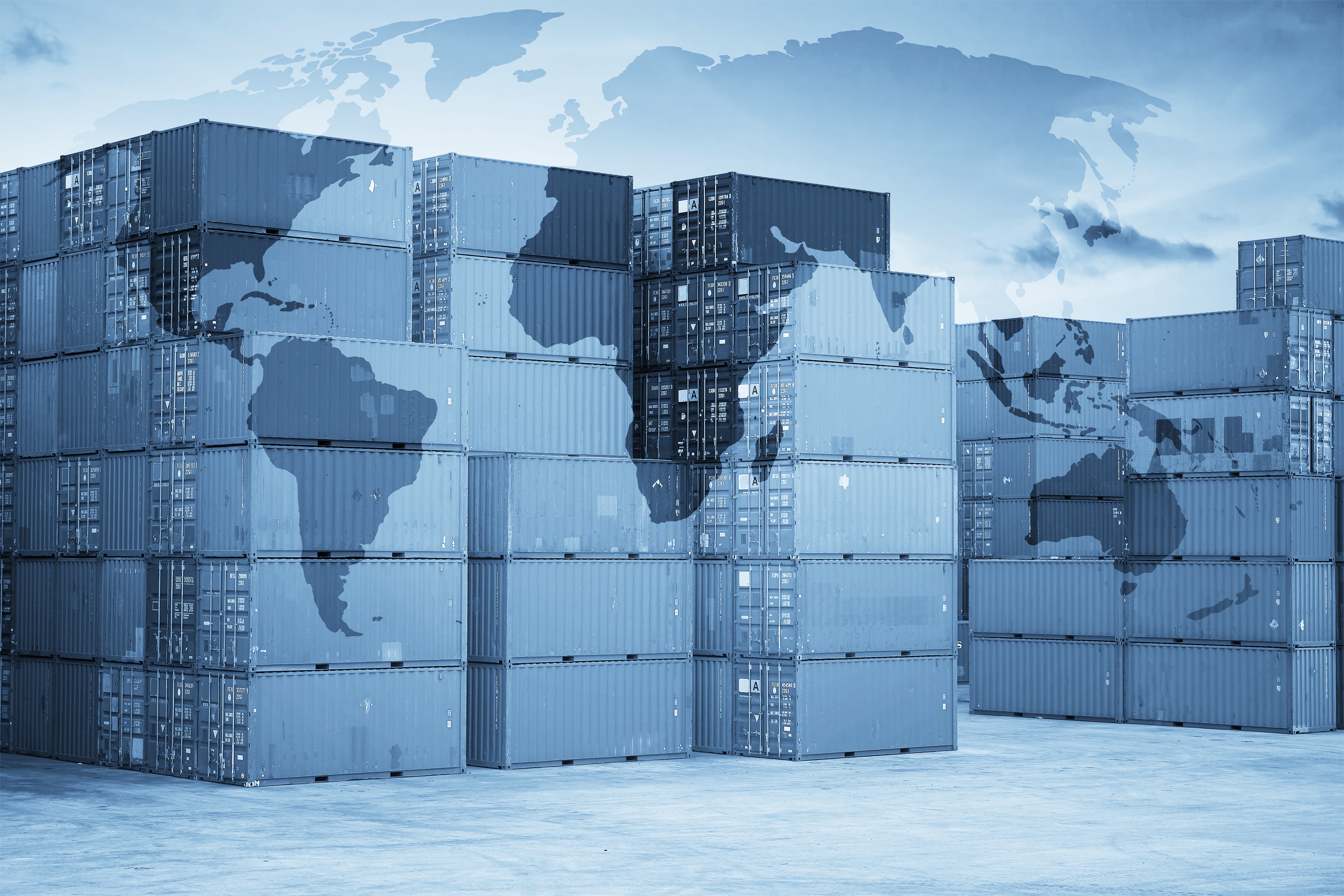Runnin’ Out of Reefers
Submitted by Atlas Indicators Investment Advisors on January 28th, 2021
Coronavirus keeps impacting the global economy in unforeseeable ways. Early on there were shortages of Personal Protective Equipment (PPE). This caused some folks to jump into action and funnel the badly needed gear to hospitals and first responders. Then there were stories about the glass-packaging industry being under pressure to produce enough vials for vaccines. And now the globe is experiencing a shortage of reefers.
China has concerns that food is a vector for transmitting the coronavirus, so their shipping ports are taking extra precautions to make sure imported edibles are tested. Things have slowed down considerably in the Chinese port town of Dalian. This shipping hub brings in a lot of fish. In order not to spoil, fish and other perishables are shipped in refrigerated containers known as reefers. Before they are admitted into the country, these sea creatures are being tested.
Electric outlets at the port keep these reefers powered, but the number of available plugs is limited. The added time in the port for inspection has created a shortage of outlets. Now fewer reefers are being shipped to Dalian and instead being rerouted to less crowded ports. This, in turn, is creating backups in other areas of the globe.
There are additional costs being incurred by the shippers. First, they have to pay for the power required to keep their cargo cool, both while in transit and waiting in the port. Secondly, contracts with freightliners specify how long cargo will be on the vessel, and the shipper is penalized with demurrage costs if the wares are on the ship longer than initially agreed.
It’s impacting the U.S. as well. This slowed entry in China created a dearth of reefers available to import frozen foods to America. Reefers don’t ship alone. They are accompanied by containers which don’t offer refrigeration, so other containers are delayed by the slowdown as well. American importers of Sino-fare face accelerating shipping costs as they compete for the limited freight space, and our exporters have fewer containers available for turnaround as well. This is creating a bidding war for cargo space and costs are surging. One might call it reefer madness.

